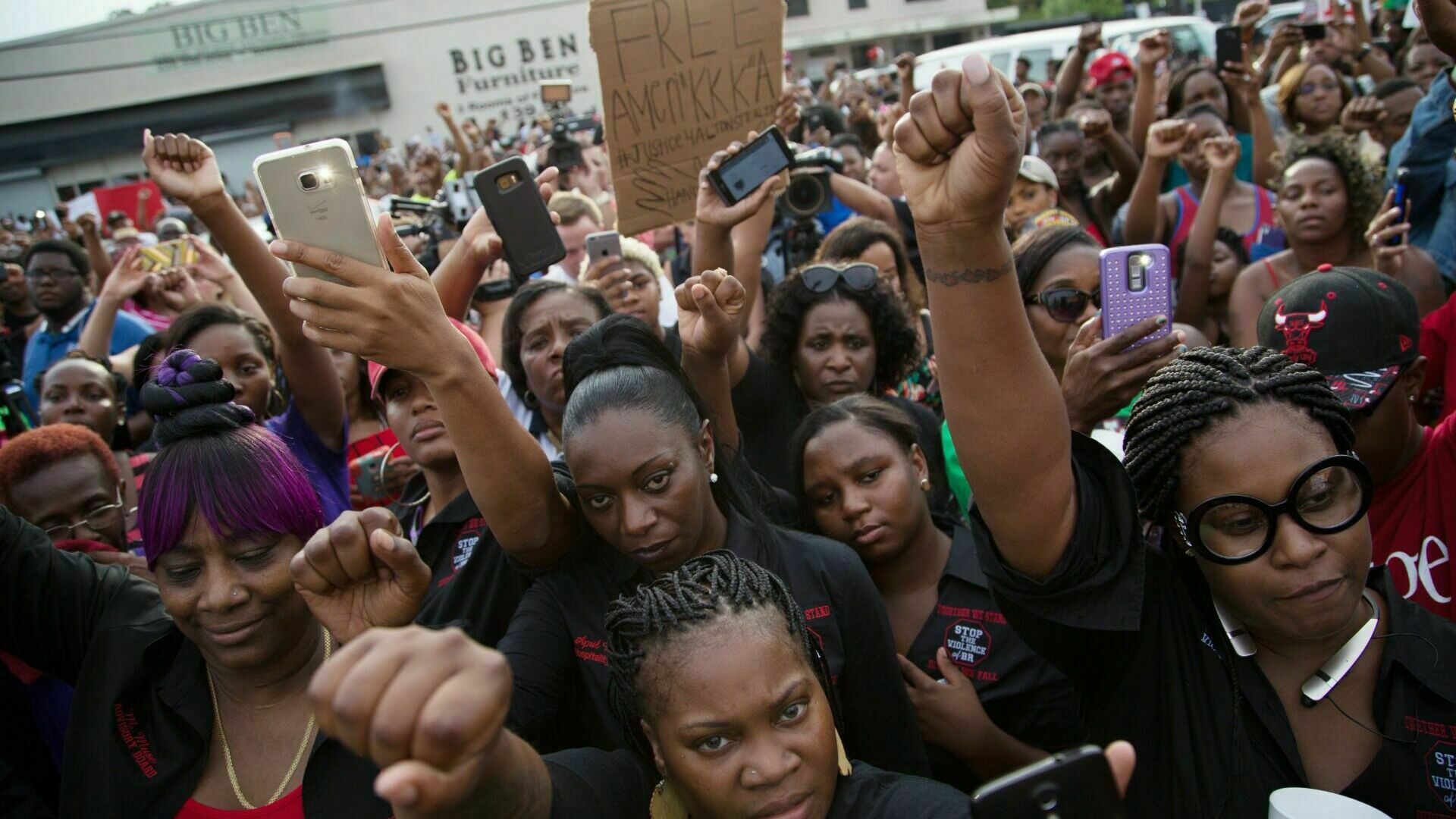Posted 16 марта 2023, 11:30
Published 16 марта 2023, 11:30
Modified 16 марта 2023, 12:07
Updated 16 марта 2023, 12:07

Utopia on the march: the first plan of reparations to the black population has been created in the USA
In the near future, non-lovers of the American way of life will probably have to forget the well-known saying "But you lynch Negroes." Another evidence of this is reported by the Quartz online publication: in the United States, for the first time, a specific plan for reparations to the black population appeared, It was drawn up by a special commission of one of the largest cities in the country - San Francisco.
There was no slavery, but there was plenty of violence
So far, the report is advisory in nature and contains a number of options, some of which look fantastic.
For example, it is proposed to rent housing to black families for a nominal fee of one dollar or the payment of a guaranteed income for 250 years.
The most realistic plan suggests allocating $5 million from the city budget, which will be divided among people who can confirm that their families have suffered from slavery or systemic manifestations of racism.
At the same time, in California itself, in which San Francisco is located, there has never been slavery. But former slaves settled here, and there were also tensions between whites and blacks.
Just half a century ago, a local urbanization program led to a sharp decline in the black population and the closure of businesses owned by it. The police forcibly evicted blacks from houses under demolition and actually destroyed the area known as the "Harlem of the West". Later, the city authorities officially recognized the program as racist and directed specifically against the black population.
Network analyst Alexey Yesod comments on this news in his channel:
"In the wake of the now-vanished BLM movement, many metropolitan areas of the United States have begun work on programs to improve the lives of the Black population. Now hundreds of cities across the country are considering the possibility of reparations, but only one has actually started paying them.
Evanston is considered a suburb of Chicago. Descendants of its black residents who lived on its territory from 1919 to 1969 can claim 25 thousand dollars. However, the entire payment fund is only 400 thousand and is formed at the expense of taxes on legal sales of marijuana.
Reparations and restitution are unlikely to help
In general, the trend towards financial payments to affected groups is quite typical for developed countries, although it causes fierce attacks from right–wing populists, is often profanation and, most importantly, does not bring much benefit.
Take the draft plan of San Francisco: there are 100 recommendations in it, but most likely they will choose the most modest in terms of money - reparations in the amount of $ 5 million, which will dissolve into the black population of the city like a grain of sand in the sea. But this money, too, will undoubtedly be the cause of discord – when the "freebie" goes to only a select few, it awakens the worst qualities in people.
Obviously, there are cases when you can't do without reparations – this is an understandable way to make the culprit pay for the damage directly inflicted by him. But what if we are talking about events that happened dozens, or even hundreds of years ago?
There is another, often ignored, way to restore justice – restitution. For example, Latvia returns all assets nationalized after the capture of the first republic in 1940. If you can confirm that your grandfather owned a house in the center of Riga – you get it back.
In Russia, the idea of restitution was also discussed, but was removed from the agenda against the background of the bandit and raider redistribution of property in the 1990s-2000s. In the USA, a form of restitution can be considered the project of the foundation of Liberia. The colony of former slaves in Africa was supported by American sponsors, among whom were both abolitionist Quakers and wealthy planters. The project led to the emergence of one of the poorest countries on the planet that has experienced a lot of bloody conflicts.
The moral here is simple – no restitution or reparations are capable of correcting what has already been done. Perhaps the only way to reconcile the previously oppressed group and the majority can only be common social initiatives for all.
It is much easier to introduce a welfer (BBD) for everyone than to try to identify a group of victims at the legislative level, into which fraudsters and idlers of all stripes will be stuffed by hook or by crook..."